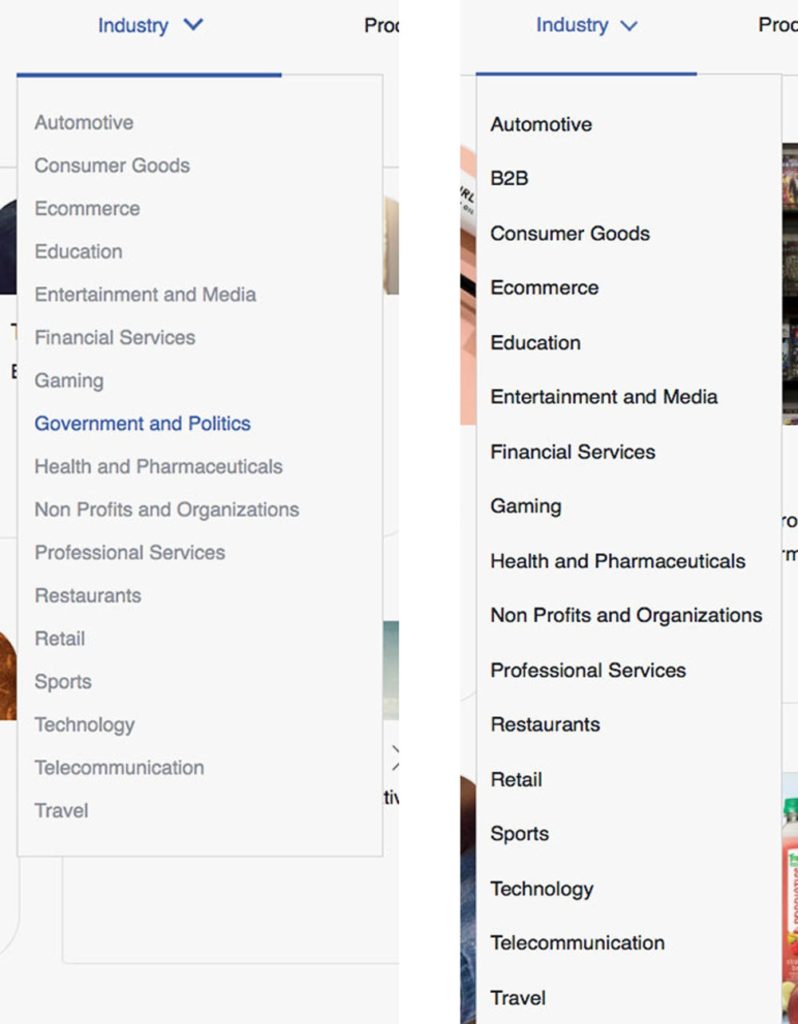It’s as clear as day that Trump is getting ready to fire Robert Mueller, the Special Prosecutor who is remorselessly closing in on him. Liberals who gleefully believe that this will be the same kind of disastrous mistake that Richard Nixon made when he fired Archibald Cox are in for sharp disappointment. Nixon’s action made impeachment a certainty (which is why he resigned before he was drummed from office by an irate Congress). But the current Republican-controlled Congress will do nothing when Mueller is fired. Which means that Trump has to do it before the mid-term elections in November.
Trump’s critics see the remarkable level of personnel ‘churn’ in the White House as evidence of the president’s dysfunctional impulsiveness and narcissism which make it impossible for him to get anything done. I don’t share that comforting thought. There is, I’m afraid, method in his madness.
Andrew Sullivan, the veteran observer of these things, thinks so too. Since Trump doesn’t read (indeed may have difficulty reading), he obviously hasn’t read Plato’s Republic, but Sullivan has, and he sees it as an operating manual for Trumpism because it describes “how a late-stage democracy, dripping with decadence and corruption, with elites dedicated primarily to enriching themselves, and a people well past any kind of civic virtue, morphs so easily into tyranny.”
When Plato’s tyrant first comes to power — on a wave of populist hatred of the existing elites — there is a period of relative calm when he just gives away stuff: at first he promises much “in private and public, and grant[s] freedom from debts and distribute[s] land to the people and those around himself” (or, say, a trillion-dollar unfunded tax cut). He aims to please. But then, as he accustoms himself to power, and feels more comfortable, “he suspects certain men of having free thoughts and not putting up with his ruling … Some of those who helped in setting him up and are in power — the manliest among them — speak frankly to him and to one another, criticizing what is happening … Then the tyrant must gradually do away with all of them, if he’s going to rule, until he has left neither friend nor enemy of any worth whatsoever.”
This is the second phase of tyranny, after the more benign settling-in: the purge. Any constraints that had been in place to moderate the tyrant’s whims are set aside; no advice that counters his own gut impulses can be tolerated. And so, over the last couple of weeks, we have seen the president fire Rex Tillerson and Andrew McCabe, two individuals who simply couldn’t capitulate to the demand that they obey only Trump, rather than the country as well.
And because of this small gesture of defiance, they deserved especial public humiliation. Tillerson was warned of his impending doom while on the toilet — a nice, sadistic touch. McCabe was fired hours before his retirement, a public execution also fraught with venom. What kind of man is this? We have become numb to it, but we should never forget how our president is a man who revels in his own cruelty. Revenge is not a dish best served cold for him. It’s the reddest and rawest of meats.
On this reading, the firing of Tillerson and his replacement by Pompeo (“by a fawning toady, Mike Pompeo, a man whose hatred of Islam is only matched by his sympathy for waterboarders”) makes perfect sense. So too does the fact that Pompeo has been replaced in turn by Gina Happel (“a war criminal, who authorized brutal torture and illegally destroyed the evidence”).
And then there’s the replacement of H.R. McMaster by John Bolton, a nutter who has never seen a war that he didn’t like. And this too, says Sullivan, follows Plato’s playbook:
And this, of course, is also part of the second phase for Plato’s tyrant: war. “As his first step, he is always setting some war in motion, so that people will be in need of a leader,” Plato explains. In fact, “it’s necessary for a tyrant always to be stirring up war.”
This is simultaneously scary and persuasive because it suggests that we are indeed heading for war — first with North Korea, and secondly with Iran. Those mid-Term elections have never been more important.

